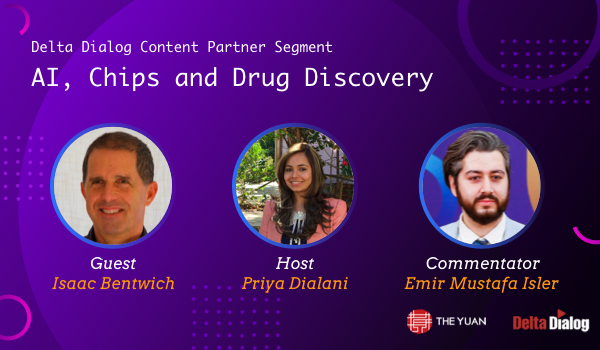
MUMBAI -
AI, chips and drug discovery
Recent advancements in the field of organ-on-a-chip technology have made it possible to mimic human organs on small computer chips. These "organs-on-chips" are designed to replicate the structure and function of actual human organs, allowing researchers to study drug interactions and potential toxicity with greater accuracy and efficiency than traditional methods. By using these chips, researchers can more easily customize drug therapies for individual patients based on their unique biological makeup, potentially leading to more effective and personalized treatments.
The development of organs-on-chips has the potential to revolutionize the drug discovery process by reducing the time and cost associated with developing new drugs. By simulating human organs on chips, researchers can test the safety and efficacy of potential drug candidates before they are tested on animals or humans, potentially speeding up the drug development timeline. Additionally, organs-on-chips could help to reduce the number of animal experiments required during drug development, making the process more ethical and sustainable. While this technology is still in its early stages, it holds promise for improving the efficiency and effectiveness of drug development and personalized medicine.
What’s in it for me? / Why should I care?
The development of organs-on-chips has important implications for the future of medicine and drug development, and normal individuals should care about these advancements for several reasons. First, these chips have the potential to greatly improve the safety and effectiveness of drug therapies by enabling researchers to test potential treatments on simulated human organs before conducting human trials. This could reduce the risk of harmful side effects and potentially save lives by ensuring that only safe and effective treatments are approved for use.
Second, organs-on-chips could pave the way for more personalized medicine, allowing doctors to tailor drug therapies to individual patients based on their unique biological makeup. This could lead to more effective treatments with fewer side effects, as well as reduce the likelihood of patients receiving drugs that are ineffective for their particular condition. In addition, this technology could help to reduce healthcare costs by avoiding unnecessary treatments and improving the efficiency of drug development. Overall, the development of organs-on-chips has the potential to benefit society as a whole by improving the safety, efficacy, and accessibility of drug therapies.
Further Reading:- DL boosts India’s drug development - part 1
- AI Takes Shortcuts in Drug Discovery
- AI, Robotics Team in Drug Discovery





 468 views
468 views







